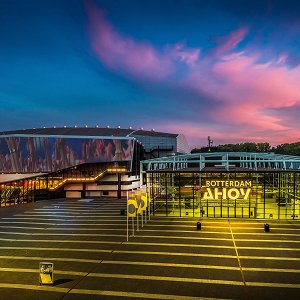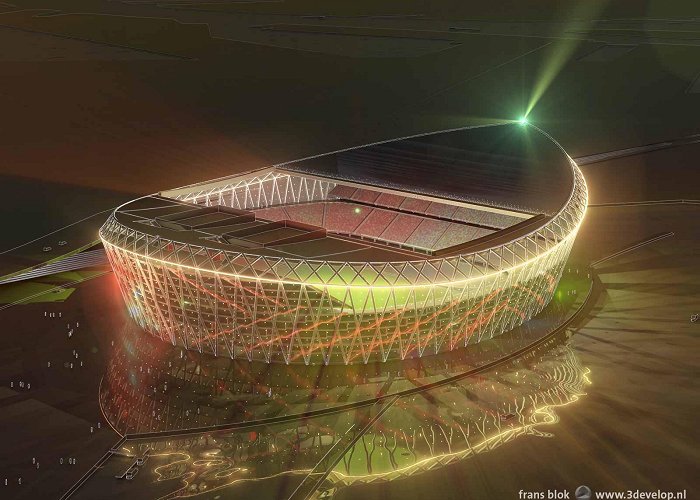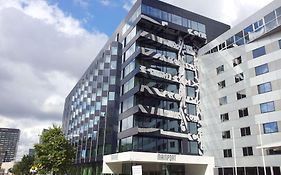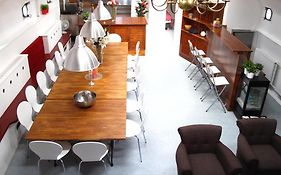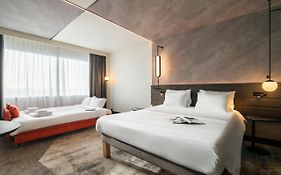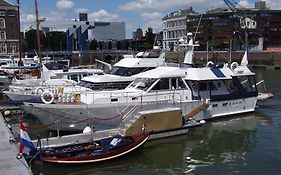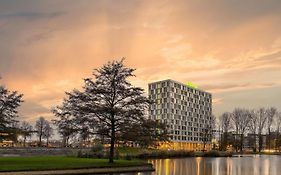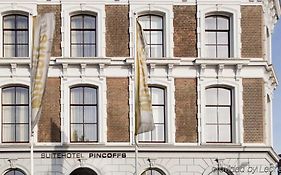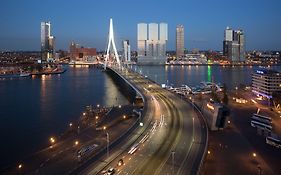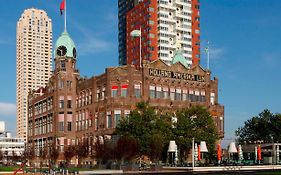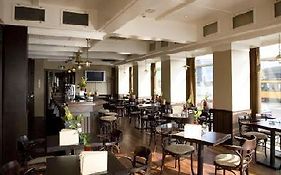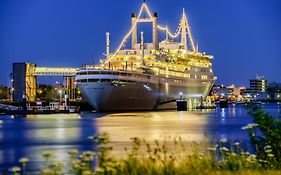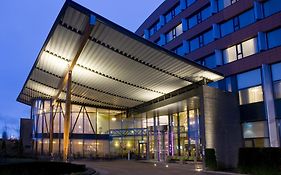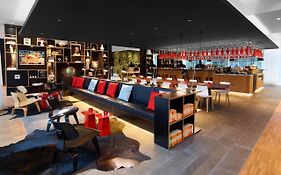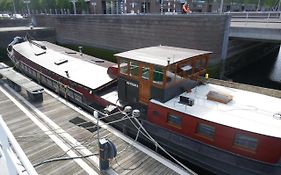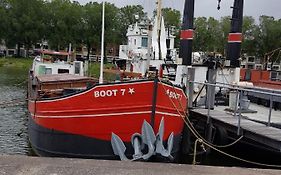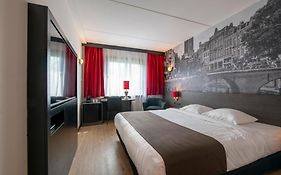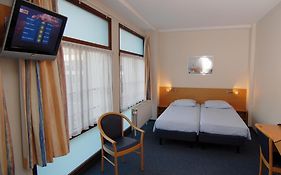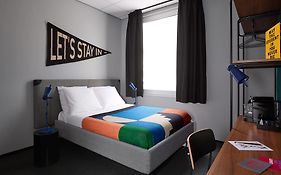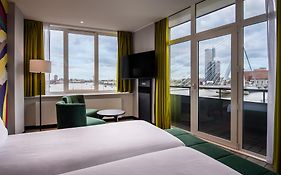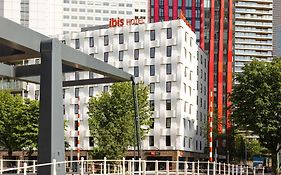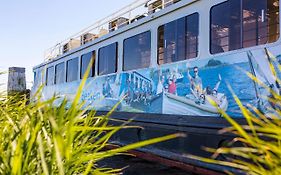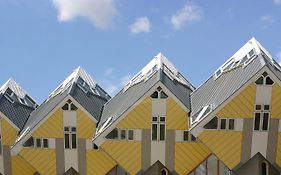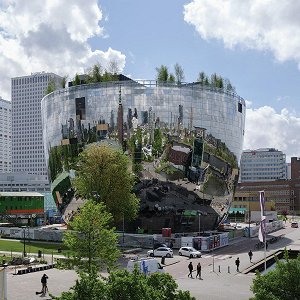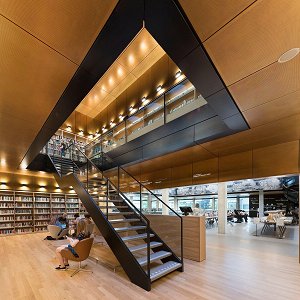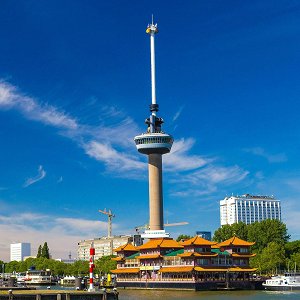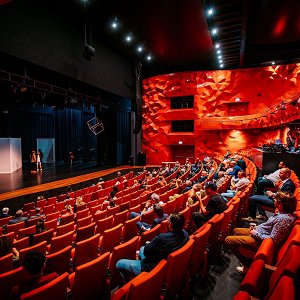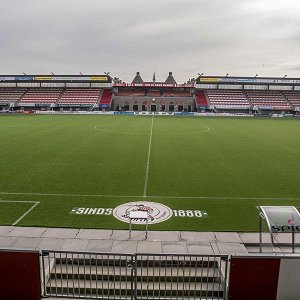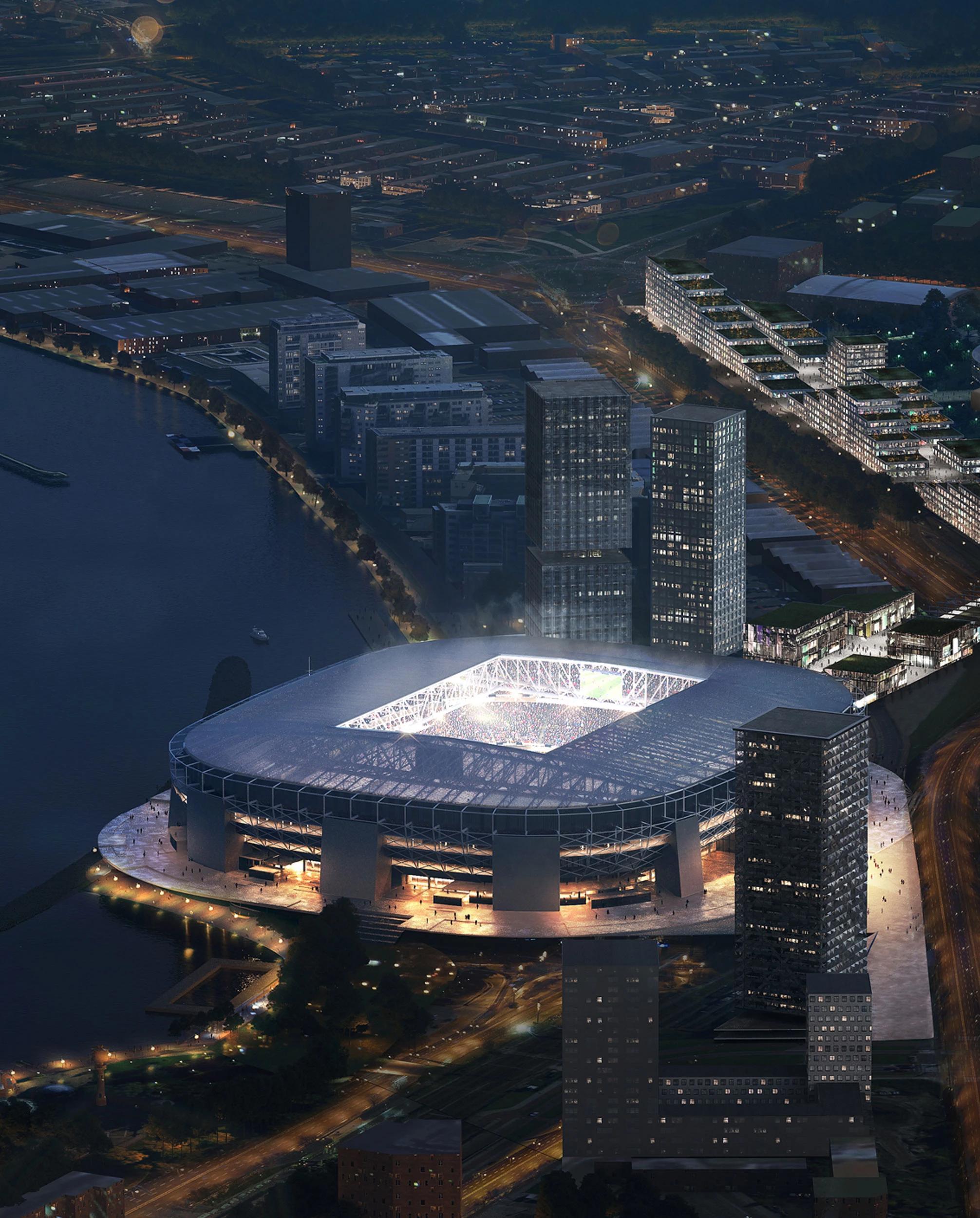
Embed Image
Feijenoord Stadium, also known as De Kuip Stadium, is a renowned sporting arena located in Rotterdam, Netherlands. Built in 1937, the stadium boasts a rich history and is an iconic symbol of the city's sports culture. Its striking architectural style and state-of-the-art facilities make it a must-visit destination for tourists interested in world-class sporting events. Feijenoord Stadium is not only a place for watching thrilling football matches but also an opportunity to immerse oneself in the vibrant atmosphere of Dutch sports culture.
One of the most significant features of Feijenoord Stadium is its historical background and architectural significance. Designed by architect Leen van Zande, the stadium has been witness to numerous legendary sports moments and has become part of the city's identity. Its nickname, De Kuip, meaning The Tub in Dutch, reflects the distinctive bowl-shaped design, which offers excellent sightlines for spectators. The stadium's construction techniques and engineering feats were ahead of its time, contributing to its renowned status as one of the most formidable arenas in the world.
Visitors to Feijenoord Stadium can partake in guided tours that offer insights into its rich history and cultural significance. These tours provide an opportunity to explore the inner workings of the stadium, including the locker rooms, player tunnels, and VIP areas. Additionally, the stadium hosts various events and festivals, allowing visitors to witness the passion and energy of Dutch sports enthusiasts. Those interested in the architectural and engineering aspects of the stadium can also learn about its preservation efforts and ongoing restoration projects, showcasing a commitment to maintaining its historical and cultural significance for future generations to enjoy.
